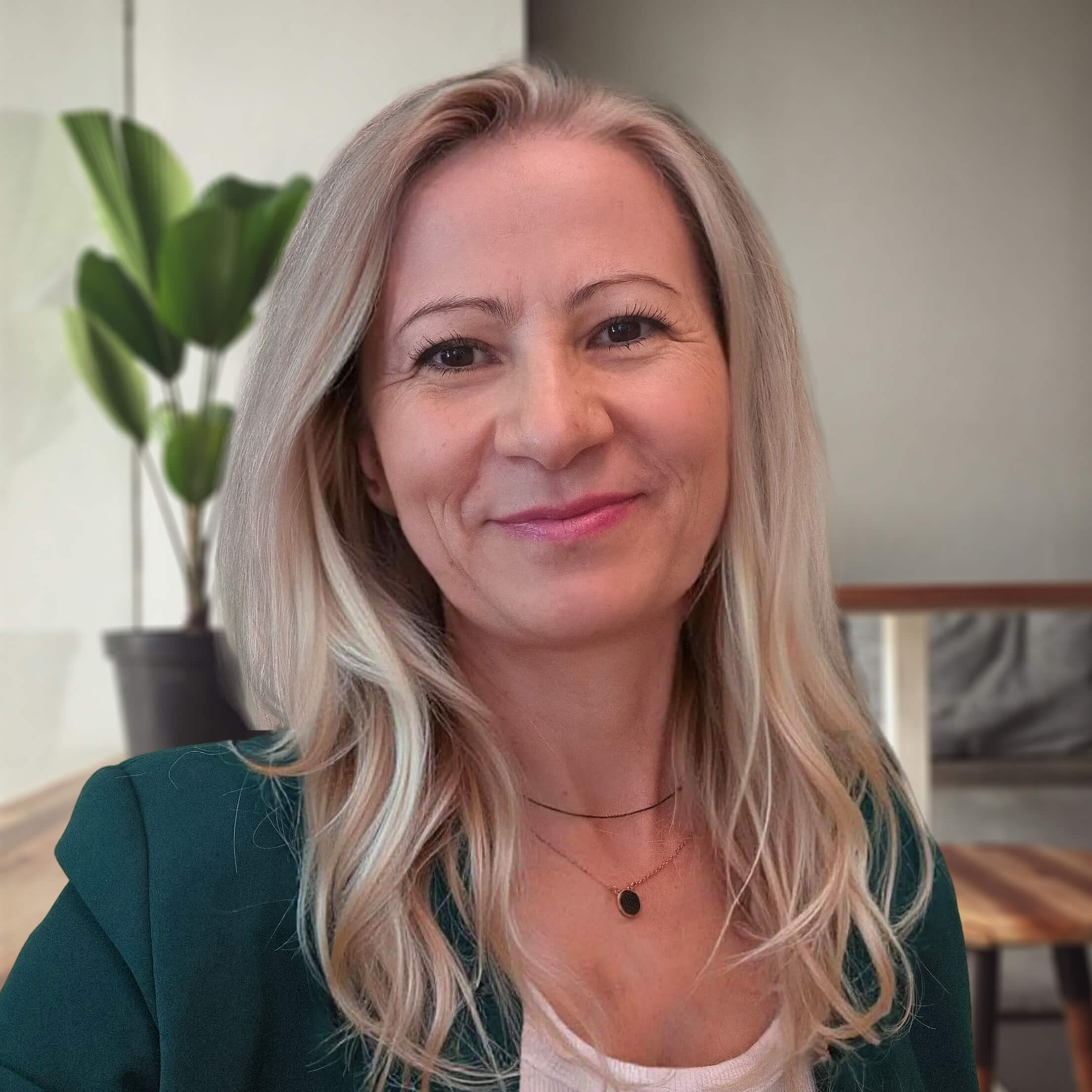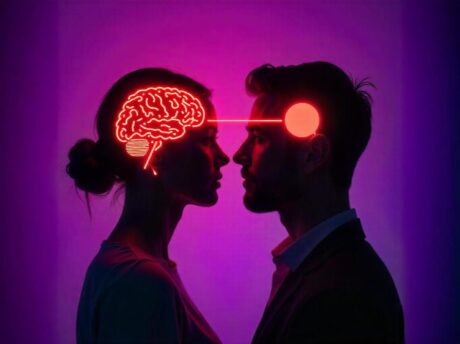“Adults … continue to require a source of stabilization outside of themselves. That open-loop design means that in some important ways, people cannot be stable on their own – not should or shouldn’t be, but can’t be”
— A General Theory of Love*
We’ve all heard it:
- “You should be happy on your own.”
- “Learn to love yourself first.”
- “You don’t need anyone to complete you.”
At first glance, these messages seem empowering — a rallying cry for independence and emotional strength. And in part, they serve a helpful purpose: encouraging self-worth and resilience.
But there’s a quieter, more damaging side to this cultural story. One that suggests your longing for emotional closeness means you’re not as strong as you should be. One that whispers, “If you really had it together, you wouldn’t need anyone.”
This belief doesn’t just hurt. It’s also biologically untrue.
Because our need for love and bonding is not a sign of emotional immaturity — it’s a matter of survival.
We are wired to connect
Humans are mammals. And mammals survive through connection.
Our limbic brain — the emotional part of our nervous system — is designed to resonate with others. It learns its rhythm by being around other emotional systems. That’s why we co-regulate: babies calm in a mother’s arms, friends settle in each other’s presence, and heartbreak can feel unbearable in isolation.
“Limbic regulation — the attunement of one brain to another — is the central import of love.”
— A General Theory of Love
Our emotional brain isn’t built for complete self-regulation. It needs presence. It needs feedback. It needs another.
So when the world tells us to be “fine on our own,” it’s asking us to deny something essential and human.
The myth of self-sufficiency
In modern culture, especially among women, independence is celebrated — and rightly so. Many of us have fought hard to create lives on our own terms. To not depend on anyone. To be “strong,” “together,” and “unshakable.”
But strength doesn’t mean never needing anyone.
What if the loneliness, the anxiety, the exhaustion you feel aren’t signs of failure — but messages from your nervous system? What if self-sufficiency, while admirable, was never meant to replace emotional support?
“Because we are not purely self-contained, because our limbic brains are physiologically incomplete, we must grow interdependently.”
— A General Theory of Love
This isn’t about being needy.
This is about being human.
When you’re emotionally isolated, your body stays in a subtle state of alert. Your nervous system doesn’t fully settle, because — at a biological level — it doesn’t feel safe.
No matter how many routines you perfect.
No matter how much self-love you practice.
You can’t out-think your biology.
Real healing happens together
You may have read all the right books.
Had deep insights in therapy.
Done the inner work.
And yet… you still find yourself guarded. Struggling to trust. Staying on alert — even when you’re not in danger.
That’s because insight doesn’t rewire the nervous system.
Experience does.
“The idea that insight alone can lead to emotional healing is a myth.”
— A General Theory of Love
What heals us is limbic revision — the process through which our emotional brain learns a new rhythm in the presence of consistent, safe connection.
That connection can come through a therapist.
A partner.
A trusted friend.
A coach.
The point is: it takes another person to help your nervous system truly feel safe again.
You were never meant to do this alone
If you’ve been carrying everything on your own — your pain, your progress, your growth — let this be your permission to stop.
You don’t have to prove your strength by staying disconnected.
Wanting to be held, seen, supported, and loved isn’t a weakness.
It’s the way love grows.
It’s time we stop pretending that independence means isolation — and start remembering that healing happens together.
* Quotes and concepts sourced from A General Theory of Love by Thomas Lewis, Fari Amini, and Richard Lannon.
Where to go from here
Ready to dive in? Here’s your next step:
- Explore our Personal Love Coaching program for a guided, step-by-step roadmap. And don’t worry if you’re unsure whether the Personal Love Coaching program is right for you — that’s exactly what the free 30-minute discovery call is for. It’s a relaxed, no-pressure space for us to connect, explore your needs, and see if you and I are a good fit.
- Book your free discovery call and begin your journey toward your Love.Expanded
Thank you for joining us in the Love.Expanded. Here’s to your journey — may it be transformative, empowering, and full of genuine connection.
Coach Petya
Hi, I’m the coach behind You.Expanded and the author behind Love.Expanded blog. I'm an avid reader and a lifelong learner, here to share the lessons I've gathered from hundreds of books and personal experiences, so you can gain the wisdom you need without taking the long road as I did. I believe that everyone has the right to love and be loved, and that it’s never too late to claim that right. Through this blog, I share insights, reflections, and hard-won truths to help you grow into the love and relationships you deeply desire and deserve.



